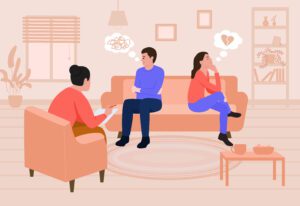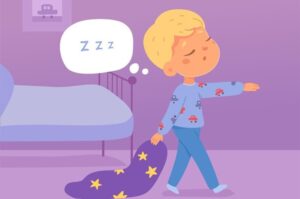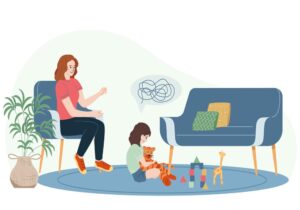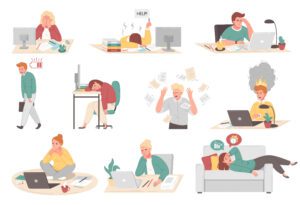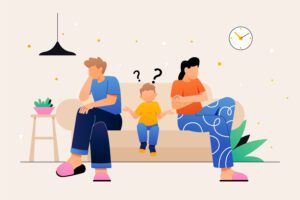Who Can Benefit From Couple Counseling?
This article has been researched and written by Nardus Saayman. AI has not been used in producing this article.
by Jodie Mackay
Relationships are far from perfect. Each person brings his or her own ideas, values, opinions, and personal history into a relationship, and they don’t always match their partner’s. Those differences don’t necessarily mean your relationship is bound for conflict. On the contrary, differences can provide an opportunity to understand, respect, and tolerate opposing views and cultures.
They help us learn better ways of communicating so that the relationship is able to evolve. In sessions, couples learn to negotiate differences, problem solve, and even argue in a healthier way.
Relationships are often tested
Developmental milestones, such as the birth of a child, relocation, or retirement, can place undue stress on the couple. Differences or habits that you once found endearing may grate on your nerves after time together. Sometimes specific issues, such as an extramarital affair or loss of sexual attraction, trigger problems in a relationship. Other times, there’s a gradual disintegration of communication and caring. Whatever the cause, distress in a relationship can create undue stress, tension, sadness, worry, fear, and other issues. One may hope the relationship troubles go away on their own, but left to fester, a difficult relationship may only worsen. Over time it can lead to chronic physical or psychological problems, such as insomnia, anxiety, or depression. A conflictual relationship can also create problems at work and affect other family members and even friendships.
Sometimes we choose a particular kind of person because we are unconsciously attempting to heal some wounded part of ourselves. Our partner may mirror our insecurities in a way that pushes us to acknowledge the vulnerability. This acknowledgment is often the first step in seeking psychological support.
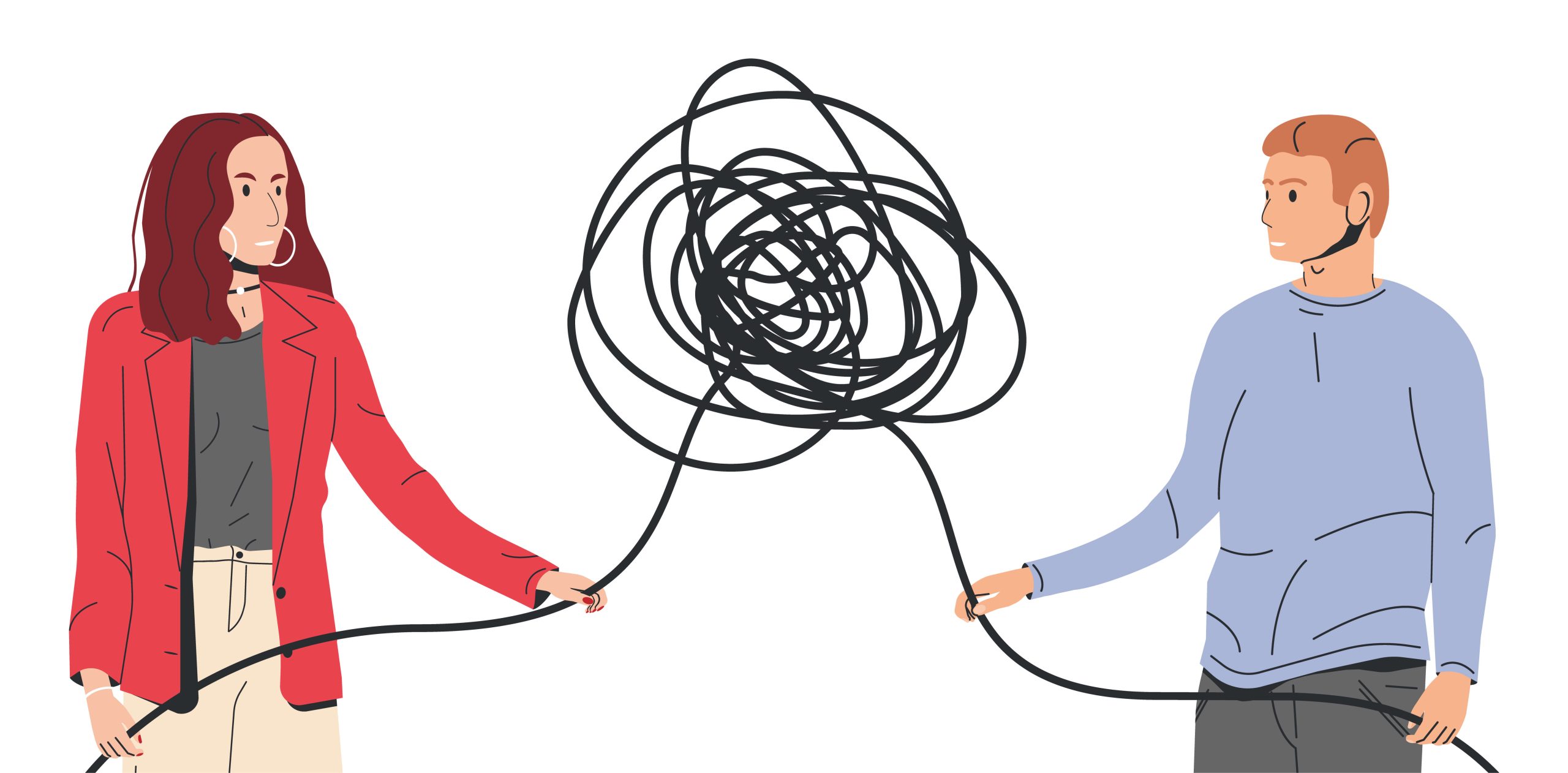
Couple counseling for your relationships
On the other hand, one doesn’t necessarily need to have a troubled or dysfunctional relationship to seek therapy. Couple counseling can also help couples who simply want to strengthen their bonds and gain a better understanding of one other. Counseling may also help couples who plan to move in together or marry, in that it can help to achieve a deeper understanding of one another and iron out differences before a union is sealed.
Counseling is often short-term. You may only need a few sessions to help weather a crisis. Or you may need counseling for several months, particularly if your relationship has greatly deteriorated. As with individual psychotherapy, sessions are typically once a week. Sessions can help you rebuild your relationship, or even decide that you’ll both be better off if you are break-up. Either way, couple counseling can help you understand your relationship better and make well thought-out decisions.
How Psychoeducational Assessments Help Shape Better Learning Plans in School
No two children are the same. Every child brings a unique mix of strengths, challenges, and ways of …
Can Relationship Counseling Work for Toxic Relationships?
Relationships can be complicated, emotional, and at times, painful. While every couple experiences ups and downs, some relationships …
10 Signs You May Have Anxiety
Anxiety is a normal and natural human response to stress, danger, or uncertainty. However, when anxiety becomes excessive, it can …
Child Sleepwalking and Talking: What You Need to Know
Childhood is a time of rapid development, filled with new experiences—and sometimes, surprising nighttime behaviors.
Questions a Child Psychologist Might Ask
When preparing for your child’s first appointment with a psychologist, it’s natural to feel curious—or even a little anxious—about what …
55 Love Questions for Couples to Deepen Your Relationship
In any relationship, communication is key. Whether you’re just starting out or have been together for years, asking meaningful
Stress vs. Anxiety vs. Burnout: How to Recognize the Difference
In today’s fast-paced world, understanding the differences between stress, anxiety, and burnout is crucial for …
Relocation Depression: Definition and Ways to Cope
Relocation depression, also known as moving depression, is a form of situational depression that arises from the stress …
How to Help Your Child with Anxiety Through Divorce
Divorce is a significant change that affects every member of a family. For children, the uncertainty and adjustments …
Depression vs Sadness: Understanding the Difference
While often used interchangeably, the terms “sadness” and “depression” represent distinct emotional states, each with …


